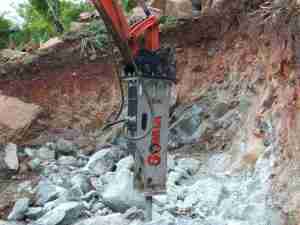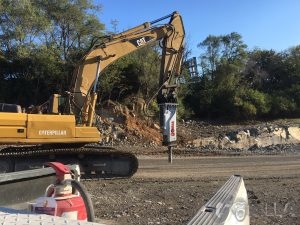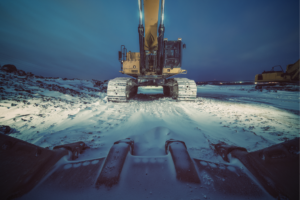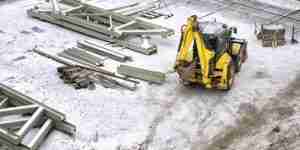
Understanding Hydraulic Breaker Tool Selection
Hydraulic breakers are powerful, versatile attachments designed to handle demanding demolition, construction, quarry, and utility projects. While choosing the right hydraulic hammer

How the Right Breaker Attachment Maximizes Jobsite Productivity
The right breaker attachment for an excavator is crucial for maximizing jobsite productivity by ensuring your equipment operates at peak efficiency for

Top 3 Hydraulic Hammer Problems and How to Fix Them
Your hydraulic hammer attachment is one of the most expensive components of your hammer. Therefore, it must be kept in working order.

Maximizing Efficiency on Winter Demolition Projects
Winter demolition work comes with added challenges, but it does not have to slow your project down. Cold temperatures, frozen ground, and

How Hydraulic Hammers Keep Winter Construction Projects Moving
Winter construction presents unique challenges, from frozen ground to shortened workdays and tighter project timelines. While many crews slow down or pause

Essential Winter Safety Checks for Construction Equipment
Essential Winter Safety Checks for Construction Equipment’ When it comes to construction, it’s better to be safe than to complete the work
